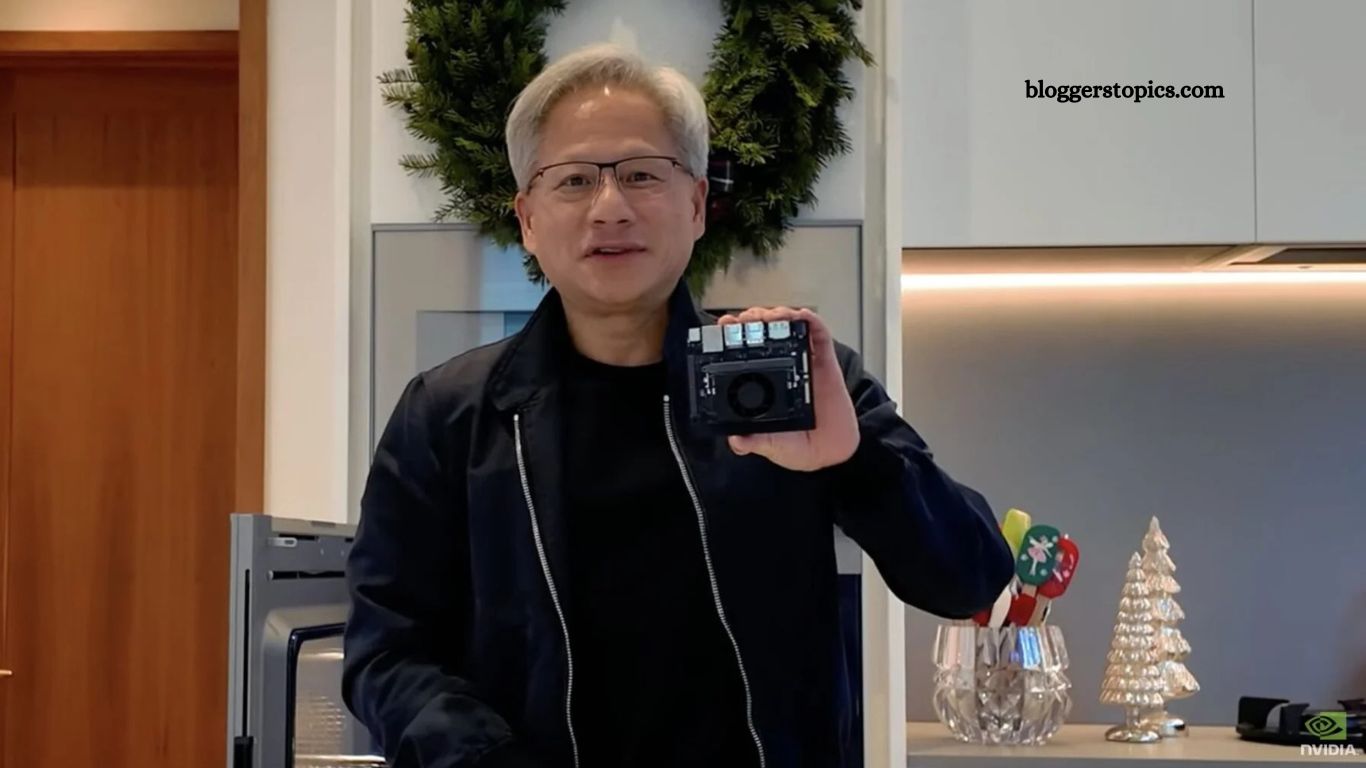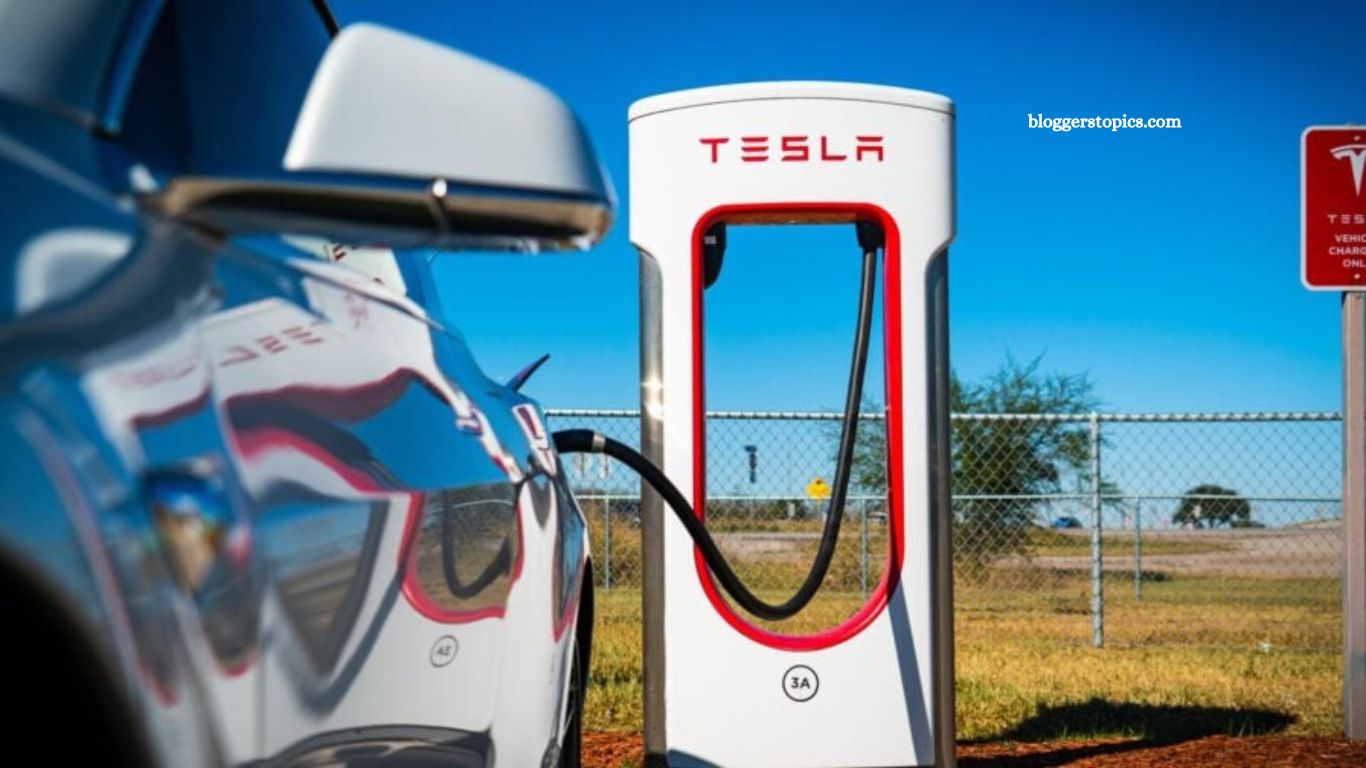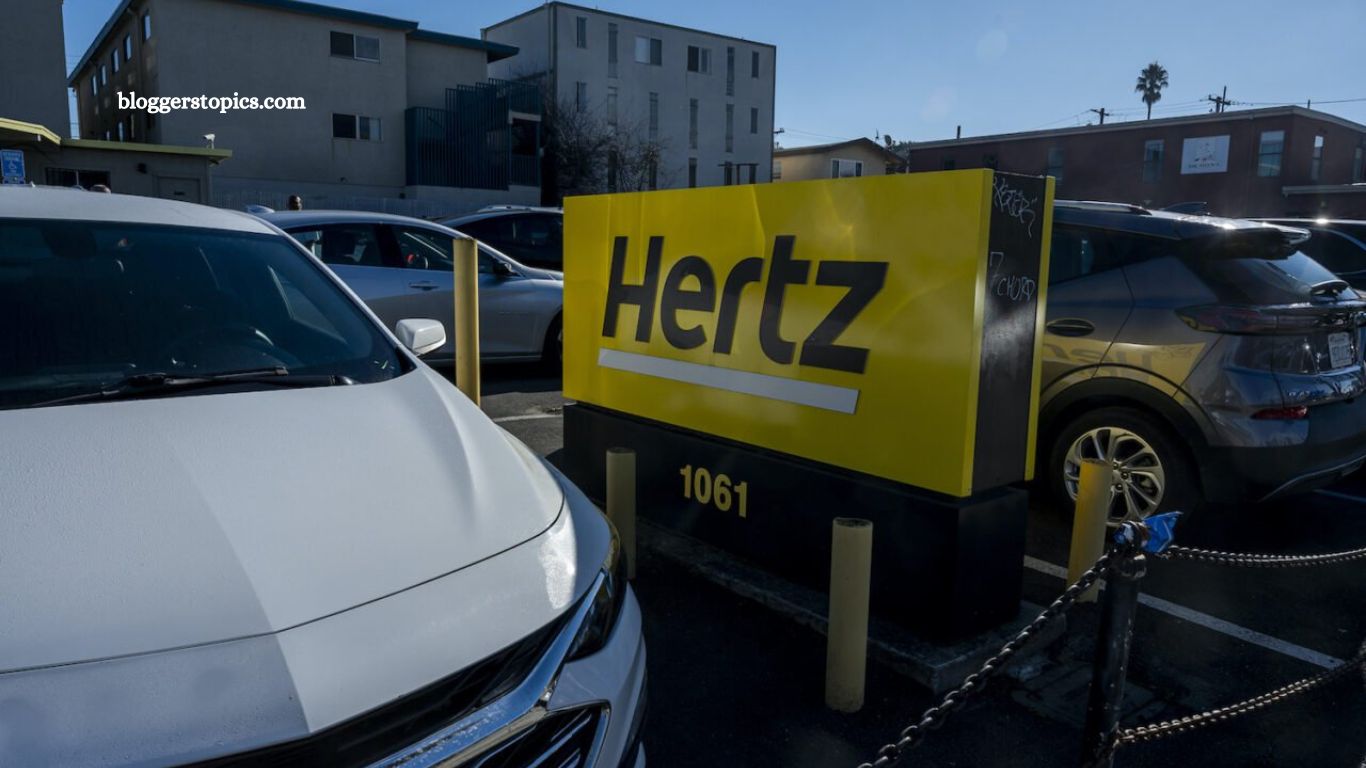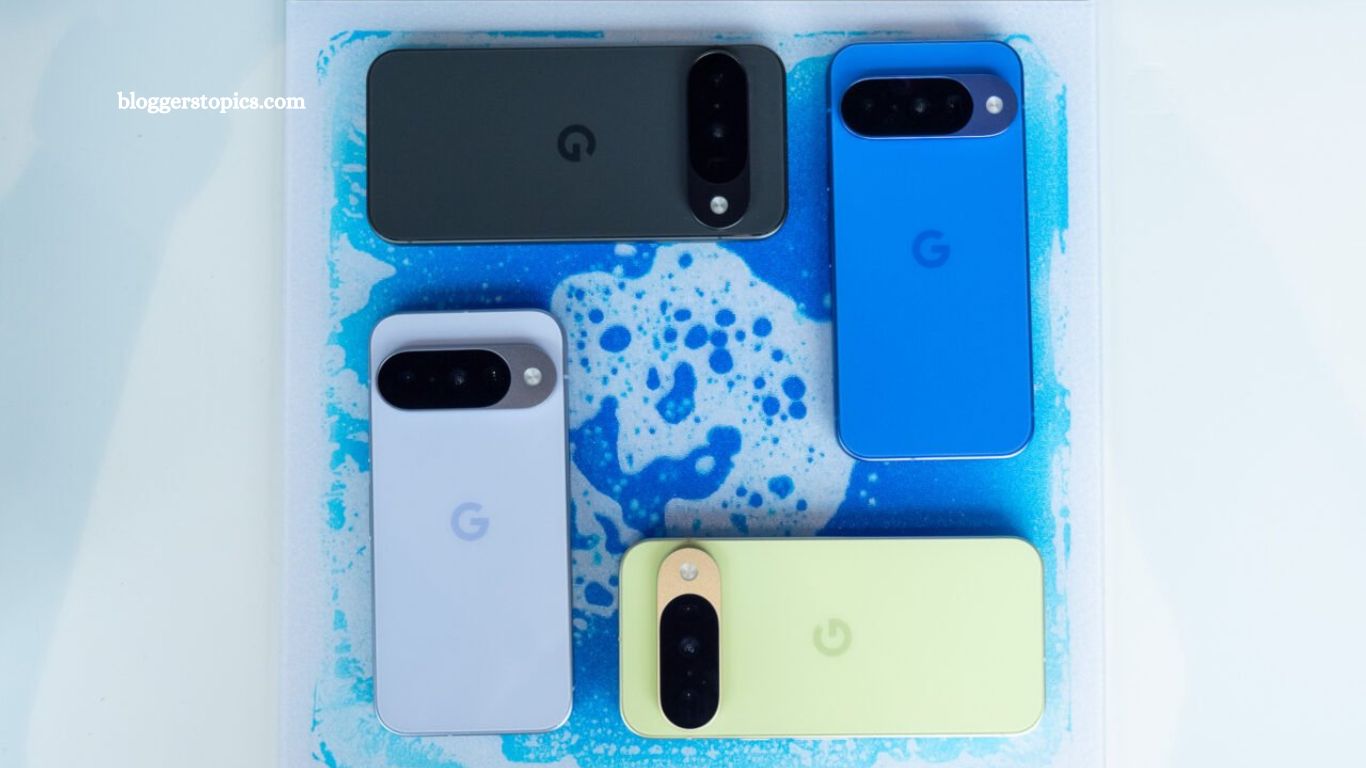As artificial intelligence continues to transform the modern workplace, many professionals are asking a crucial question: which careers are most resistant to automation? While AI excels at data analysis, repetitive tasks, and routine decision-making, certain jobs require human skills that machines cannot easily replicate. Roles that involve specialized physical expertise, hands-on problem-solving, or direct patient care are less likely to be fully automated, offering workers greater long-term stability.
From healthcare positions to blue-collar trades, these occupations rely on judgment, dexterity, and interpersonal interaction qualities that remain uniquely human. In this article, we explore the top 10 careers most resistant to AI disruption, highlighting the fields where human expertise will continue to be essential in an increasingly automated world.
Read More: 7 Essential Nutrients for Healthy, Strong Nails
There are important caveats to consider.
While the study identifies which occupations AI can assist with most effectively—and which it can’t—Microsoft emphasizes that high AI applicability does not necessarily mean a job will be eliminated.
“The AI applicability score highlights where AI might change how work is done, not take away or replace jobs,” Microsoft representatives told Gizmodo earlier this month.
“Our research shows that AI can support many tasks, particularly those involving research, writing, and communication, but it does not indicate that AI can fully perform any single occupation,” the company added.
The study also clarifies that high AI applicability scores do not automatically translate into higher wages as a result of AI integration, since the analysis does not account for “the downstream business impacts of new technology.”
For more on AI’s predicted effects on the corporate world, see the full coverage on Gizmodo.
Why Companies Automate
Microsoft emphasizes that AI is best used to augment jobs rather than fully replace them.
However, corporate priorities don’t always align with this vision. While it’s difficult to generalize, early indications suggest many executives favor automation.
Across industries, leaders are increasingly vocal about using AI to reduce workplace costs. This trend has contributed to a hiring slowdown, particularly affecting early-career professionals in white-collar roles—precisely the jobs that, according to Microsoft’s study, face the greatest AI-related risks.
“Artificial intelligence is going to replace literally half of all white-collar workers in the U.S.,” Ford CEO Jim Farley remarked at the Aspen Ideas Festival last month.
Several companies have already implemented new hiring policies requiring managers to justify why an AI solution cannot perform a role before approving new hires.
Just Because You Can, Doesn’t Mean You Should
AI has the potential to reduce labor costs and boost profits for companies, but that does not automatically justify widespread automation.
While AI can handle certain tasks, it doesn’t always perform them well. For instance, Microsoft’s study places writers among the top 10 roles with the highest AI applicability. Yet AI-generated content has faced widespread criticism, particularly over copyright concerns, since it relies on the work of existing human writers to “create” new material.
The labor market disruption that could follow such automation is another critical concern. Former Google executive Mo Gawdat recently warned that the AI-driven labor shift is one of several factors that could contribute to a short-term dystopia over the next 15 years.
Many experts, including the Microsoft research team, argue that augmenting human roles with AI—rather than replacing them—is a far more sustainable approach, offering productivity gains without the negative social and economic consequences of wholesale automation.
So, What Are the Jobs Most Likely to Remain Human-Run?
According to the Microsoft study, the roles most resistant to AI automation include:
- Tire Repairers and Changers
- Ship Engineers
- Automotive Glass Installers and Repairers
- Oral and Maxillofacial Surgeons
- Plant and System Operators
- Embalmers
- Helpers – Painters and Plasterers
- Hazardous Materials Removal Workers
- Nursing Assistants
- Phlebotomists (healthcare professionals trained to collect blood samples)
It’s no surprise that the list is dominated by healthcare and blue-collar occupations. These roles demand specialized physical expertise rather than straightforward data processing, making them less susceptible to AI replacement.
Within healthcare, AI adoption has also been particularly slow due to limited data availability. Less than 10% of surgical data is publicly accessible because of strict regulations, further slowing AI integration in these critical roles.
Jobs at the Highest Risk of AI Automation
The Microsoft study also identified occupations with the highest AI applicability. Unsurprisingly, these are largely knowledge-based and sales roles—fields where AI is already being rapidly integrated.
The top 10 jobs most susceptible to AI assistance include:
- Broadcast Announcers and Radio DJs
- Ticket Agents and Travel Clerks
- Telephone Operators
- CNC Tool Programmers
- Customer Service Representatives
- Writers and Authors
- Sales Representatives of Services
- Passenger Attendants
- Historians
- Interpreters and Translators
These roles often involve routine information processing, communication, or data-driven tasks, making them particularly vulnerable to AI augmentation or partial automation.
Frequently Asked Questions (FAQs)
What is an AI-proof job?
An AI-proof job is a role that is less likely to be automated by artificial intelligence, typically because it requires physical expertise, human judgment, creativity, or interpersonal skills.
Which jobs are most resistant to AI automation?
According to Microsoft, jobs in healthcare and blue-collar work are most resistant, including phlebotomists, nursing assistants, tire repairers, and ship engineers.
Which jobs are at the highest risk from AI?
Roles involving knowledge work and sales are at higher risk, such as customer service representatives, writers, interpreters, and travel clerks.
Does high AI applicability mean a job will be eliminated?
No. Microsoft emphasizes that high AI applicability indicates where AI might assist or change how work is done, not necessarily replace the job entirely.
Can AI fully replace writers and authors?
While AI can generate content, it often struggles with quality, originality, and copyright issues. Experts recommend using AI to augment human work rather than replace it.
Why is AI adoption slower in healthcare?
Healthcare data is limited and tightly regulated, with less than 10% of surgical data publicly available, slowing AI integration in critical roles.
Why are companies automating jobs?
Many executives aim to cut costs and improve efficiency, but experts argue that augmentation—combining human expertise with AI—is more sustainable than full automation.
Conclusion
AI is rapidly reshaping the workforce, creating both opportunities and challenges. While some roles—particularly in healthcare and specialized trades—remain largely human-driven, knowledge-based and sales-oriented jobs face higher levels of AI applicability and potential automation. Experts emphasize that AI is best used to augment human work rather than replace it entirely, helping employees be more productive while mitigating social and economic disruption.







